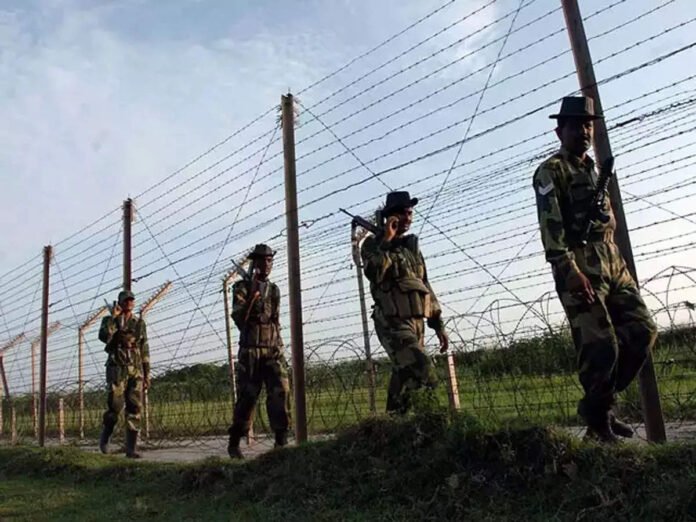The Director-General of the Assam Rifles, Lt. Gen. PC Nair, has shed light on the government’s decision to scrap the Free Movement Regime (FMR) along the India-Myanmar border, attributing it to security concerns. Lt. Gen. Nair emphasized that the move was driven by imperative security considerations, indicating a strategic shift in the government’s approach to border management.
“This decision has been taken by the government, understandably for security reasons,” affirmed Lt. Gen. Nair, acknowledging the potential for opposition from various quarters. The decision to revoke the FMR reflects a broader effort to bolster border security and prevent illicit activities, including smuggling and illegal migration, which have long plagued the region.
The FMR, which allowed for the free movement of people within a designated area along the India-Myanmar border, has been a subject of scrutiny due to concerns about its exploitation by insurgents and criminal elements. By discontinuing the FMR, the government aims to tighten control over the border and curb activities that pose a threat to national security.
While the decision has garnered attention and sparked debate, Lt. Gen. Nair emphasized the government’s commitment to addressing security challenges effectively. He indicated that further details regarding the implementation of the new border management strategy would be unveiled in due course.
The scrapping of the FMR underscores the government’s proactive approach to border security, signaling a shift towards more stringent measures to safeguard India’s territorial integrity. By prioritizing security imperatives, authorities aim to create a safer environment for border residents and mitigate the risk of security breaches.
The move is expected to have far-reaching implications for the region, affecting various stakeholders, including local communities, traders, and security forces. While some may welcome the decision as a necessary step to enhance security, others may express concerns about its potential impact on cross-border interactions and livelihoods.
As the government moves forward with the implementation of its new border management strategy, it remains to be seen how stakeholders will adapt to the changes and what the broader implications will be for security and stability in the region. Amidst evolving security dynamics, the decision to scrap the FMR reflects a proactive effort to address emerging threats and safeguard national interests.




